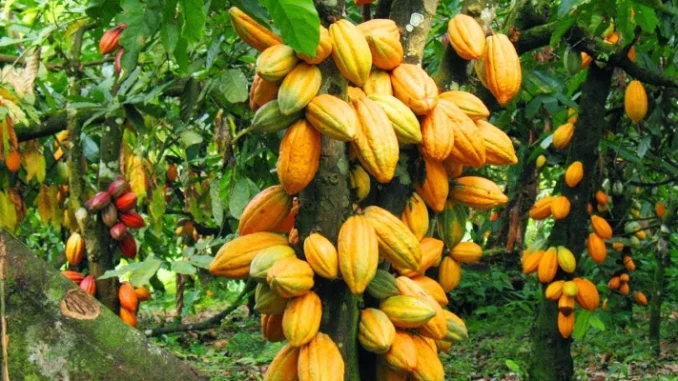
The Ghanaian cocoa sector undergoes dramatic transformation as international buyers advance substantial capital, exceeding five hundred million dollars, to secure critical supplies. This fundamental shift marks the first significant change in three decades to the traditional marketing system, transferring unprecedented financial responsibilities to private sector participants.
The state marketing board, Cocobod, implements radical operational changes, abandoning its longstanding practice of securing syndicated loans for crop purchases. This strategic pivot reflects mounting challenges from declining production and operational constraints, forcing greater reliance on direct company financing.
International traders confront escalating risks while managing substantial losses from previous unfulfilled contracts, estimated at three hundred fifty thousand metric tons. Current market dynamics compel companies to purchase additional contracts at premium prices to offset earlier positions, significantly impacting operational costs.
The reformed system mandates substantial upfront payments, requiring companies to advance minimum sixty percent contract value while supporting local buying operations. This arrangement generates complex pricing structures, blending previous and current contract values to manage outstanding obligations.
Industry participants express mixed reactions toward the evolving framework, particularly regarding risk exposure and operational sustainability. Smaller traders highlight competitive disadvantages while larger enterprises leverage established supply networks. Production uncertainties compound sector concerns, potentially threatening supply commitments.
Market analysts project continuing industry adjustments as companies evaluate long-term procurement strategies. The transformation poses significant implications for global chocolate manufacturing, potentially influencing future supply chain configurations and market relationships within the crucial West African cocoa sector.
